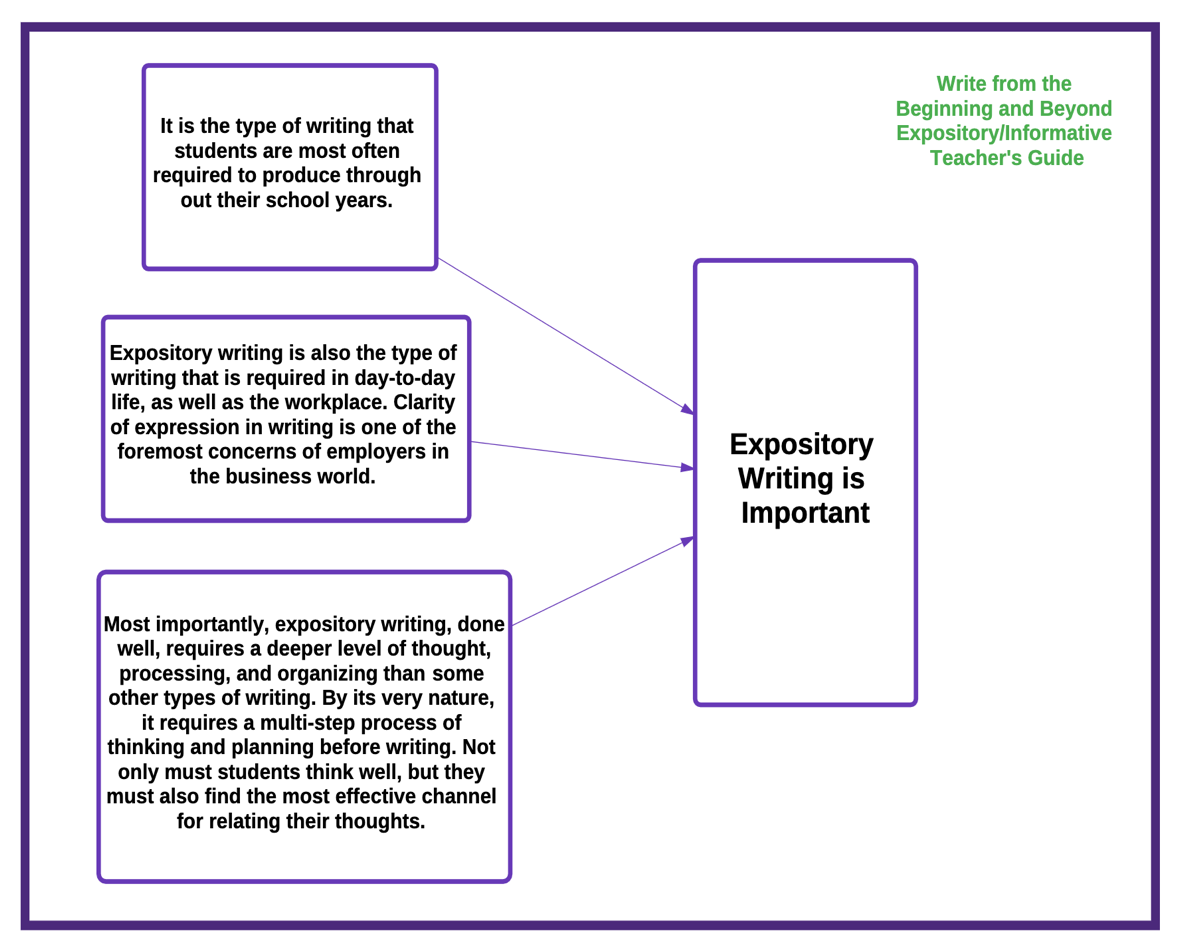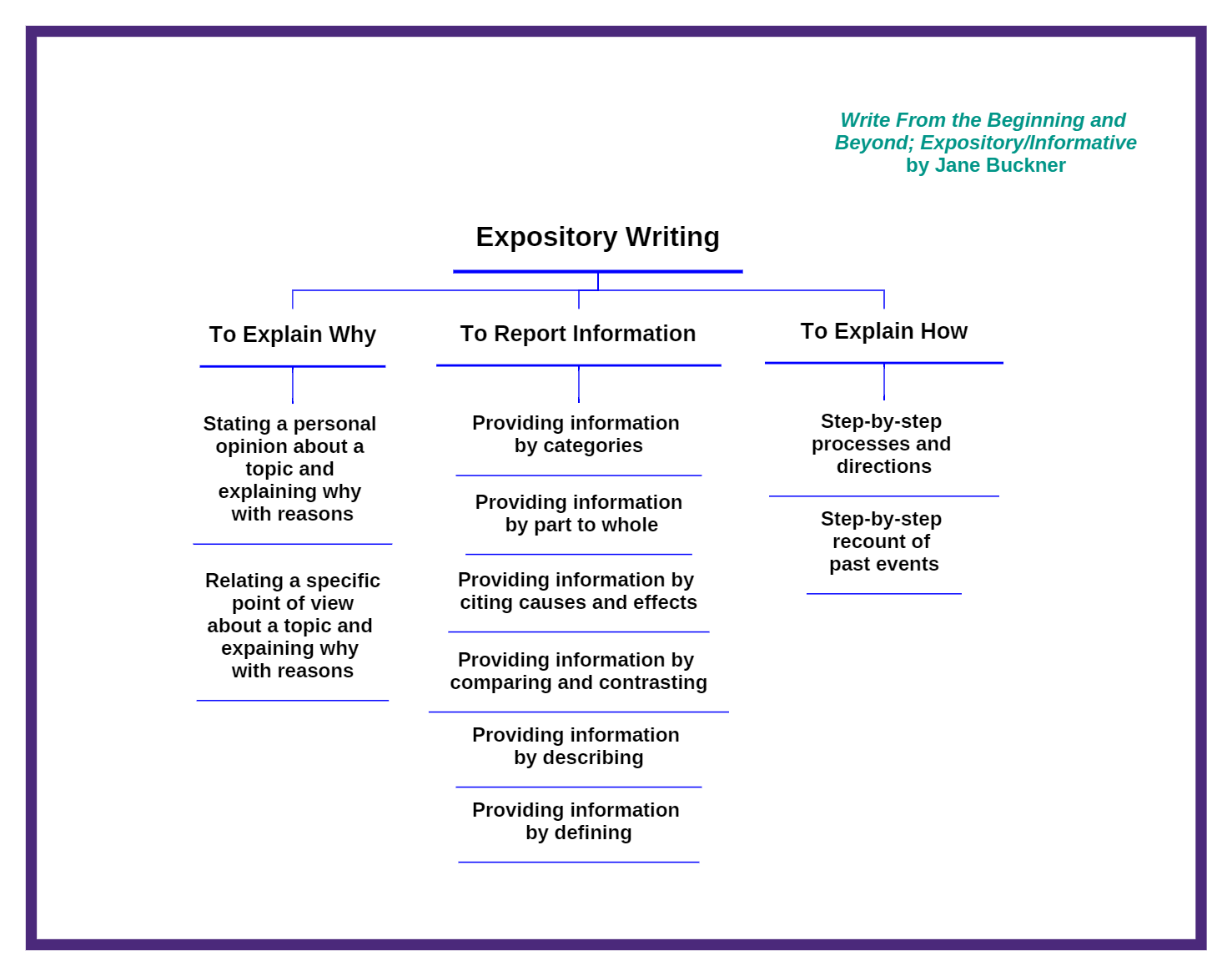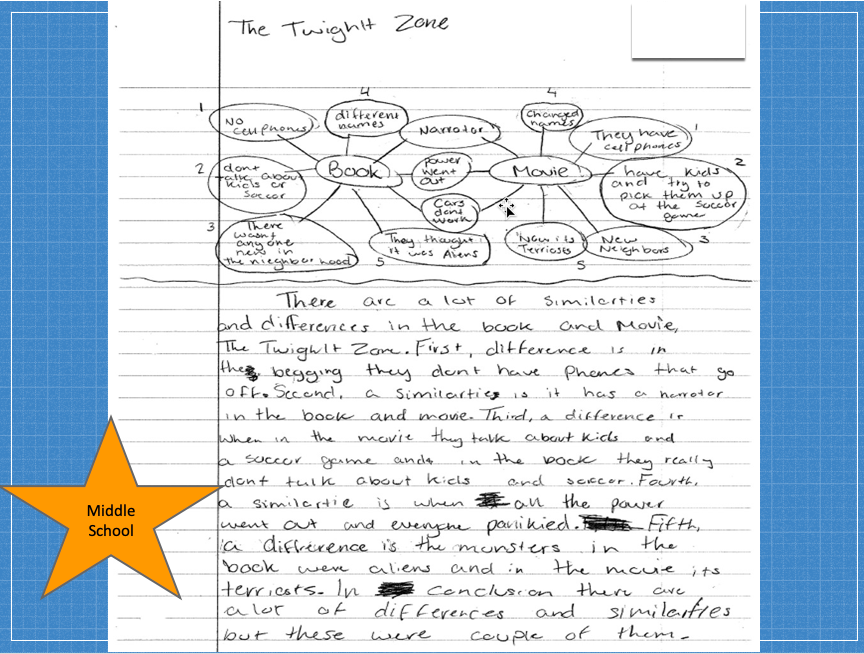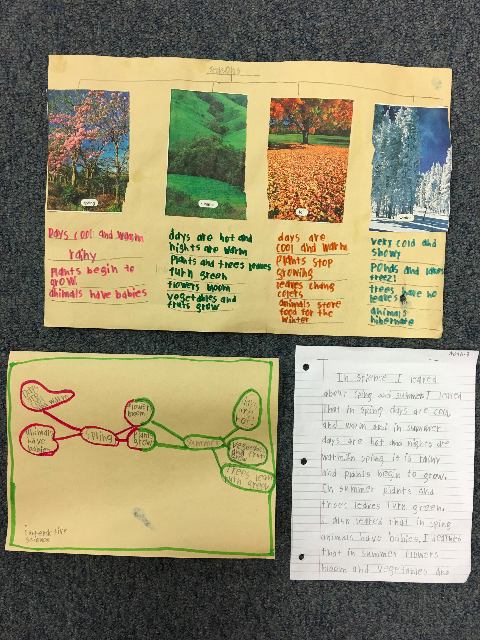The Write Stuff: Writing Across the Curriculum
OCTOBER 21, 2019
Are your students prepared for the writing they will have to do in college and the workplace?
Unfortunately, for many students, the answer is no. In 2017, just 27% of students in the eighth and twelfth grades scored at the "proficient" or "advanced" level on the writing section of the National Assessment of Educational Progress (NAEP). This test, often called "The Nation's Report Card," assesses students' ability to write for a variety of purposes and audiences.
This does not bode well for the 73% of students who do not demonstrate grade-appropriate writing skills. Writing is a "gatekeeper" skill that students must master to succeed in higher education. It is also increasingly important for a majority of careers, including many entry-level positions. Being able to express ideas clearly in writing is now a prerequisite for success in the information economy.
Writing as Thinking: Learning to Write and Writing to Learn
For academic success, students need to both learn to write, and write to learn.
Writing is, of course, a tool for sharing our thoughts and ideas with other people. It provides a means to demonstrate and share gained knowledge as well as novel ideas.
But it is also more than that. Writing is, at its heart, a form of thinking. When we write, we are forced to organize and clarify our thoughts. In this way, writing makes our thinking visible to ourselves as well as others. This is the meaning behind the quote often attributed to E.M. Forrester: How do I know what I think until I see what I say?
When students write, they are consolidating knowledge, making critical connections between ideas, and activating higher-order thinking. When students cannot put their thoughts into writing, it is often a sign that they have not fully understood and engaged with their topic. On the other hand, students who are able to activate critical thinking skills and organize their thoughts appropriately for their purpose and audience are able to demonstrate their ideas effectively in writing. Clear thinking leads to clear writing.
Why Every Teacher is a Writing Teacher
Many people still think of writing as the responsibility of the English department. But students should be writing in every class and content area. Writing across the curriculum is essential both for learning to write and writing to learn.
Writing in content-area classes gives students the opportunity to practice and reinforce writing skills. As with any skill, practice makes perfect: when students spend more time writing, they become better writers. Students should have a variety of formal and informal writing opportunities in every class to hone and develop these skills.
Writing assignments also help students engage more deeply with complex ideas in content area classes. Writing in science, social studies and even math improves comprehension and recall of content. Writing assignments also allow teachers to better assess how well students understand the material.
This is why writing should be part of every subject area. Students may learn grammar and mechanics in English class, but every teacher can reinforce the basics. More importantly, students should be engaging deeply with content and applying critical thinking and creative skills in every class. There is no better way to do this than writing.
Expository writing is especially important in most content areas. This is the type of writing students will be asked to do most in college courses and in the workplace: writing to inform, explain, describe, and demonstrate understanding.
Preparing Students for Effective Writing
Before students can write effectively, they must first learn how to organize their thinking. Thinking Maps has been shown to be highly effective in supporting writing across the curriculum. Students can use the Maps to gather and organize their ideas prior to writing and plan their writing products.
Write from the Beginning...and Beyond gives teachers in all content areas tools and strategies to build critical thinking and writing skills. The Expository/Informative module includes example processes that students can apply for different kinds of expository writing. These processes may include multiple Maps to help students organize their ideas. For example, a process for a Compare and Contrast writing assignment may look like this:
- Students first gather and categorize information about the concepts they are comparing in a Tree Map.
- Then, students use a Double Bubble Map to organize information from the Tree Map and determine which points are shared by both concepts and which only apply to one.
- Finally, they may use a Flow Map to plan their writing product and organize the details that will appear in each paragraph.
Thinking Maps Learning Community (TMLC) users can create Maps for writing in Map Builder. A Flow Map for writing helps students plan the main idea and details for each section or paragraph as well as the transition words that will connect their ideas together.
Looking for more strategies for writing across the curriculum? If you subscribe to TMLC, don't miss this month's Navigator, which focuses on the importance of writing across the curriculum. It includes an example process for Expository writing and links to example Maps.
Continue Reading
November 15, 2024
Critical thinking is a cornerstone of success in all aspects of life—not only in academics and on the job, but also in personal decision-making, relationships, and citizenship. And yet, critical thinking skills are rarely explicitly taught. Student-directed activities grounded in real-world problems and applications can help students develop the critical thinking skills they need for everyday life.
September 16, 2024
Why do we write? And why do we teach writing? In a world where Large Language Models (LLMs) are now ubiquitous, these questions have taken on a new urgency for students and teachers—and, indeed, for professional writers. Writing instruction in the AI era must focus on helping students discover and express their own unique ideas, voice, and purpose.
September 14, 2023
Reading comprehension is the foundation for academic success across all subject areas. And yet, many students still struggle to engage deeply with written content and pull meaning from complex text. Here’s how teachers can support development of “deep cognitive structures” for reading comprehension that reduce the cognitive load so students can focus on content.
May 15, 2023
College and career readiness includes academic, social-emotional and cognitive skills. Conley's Key Cognitive Strategies provide a framework for success.



